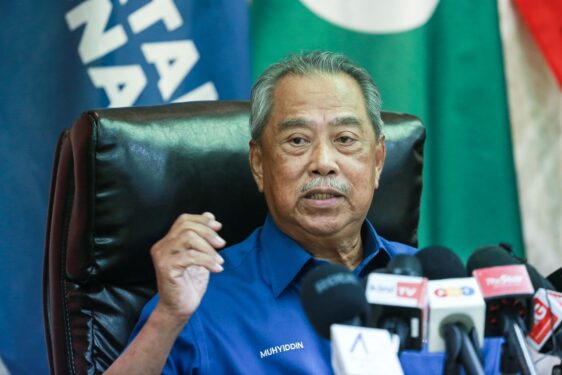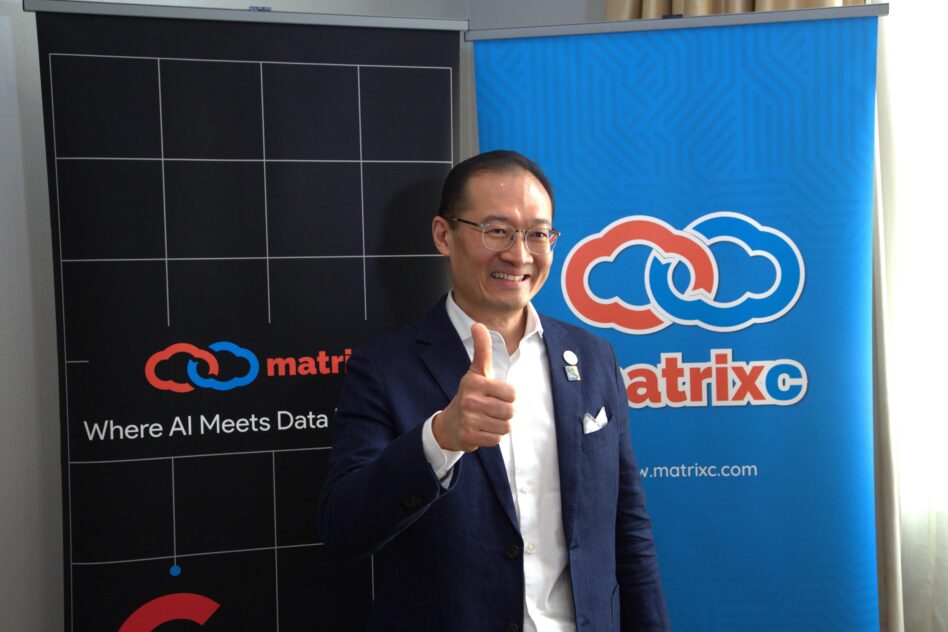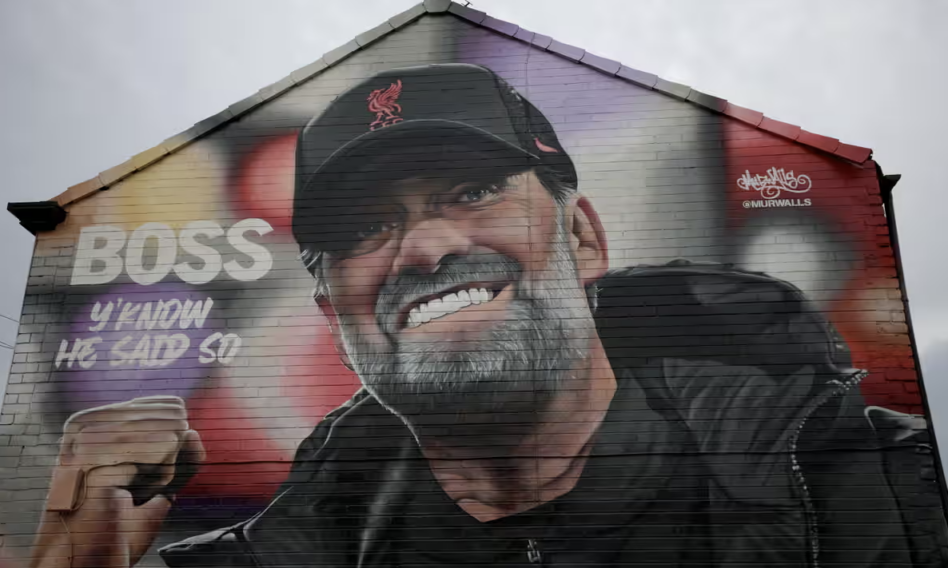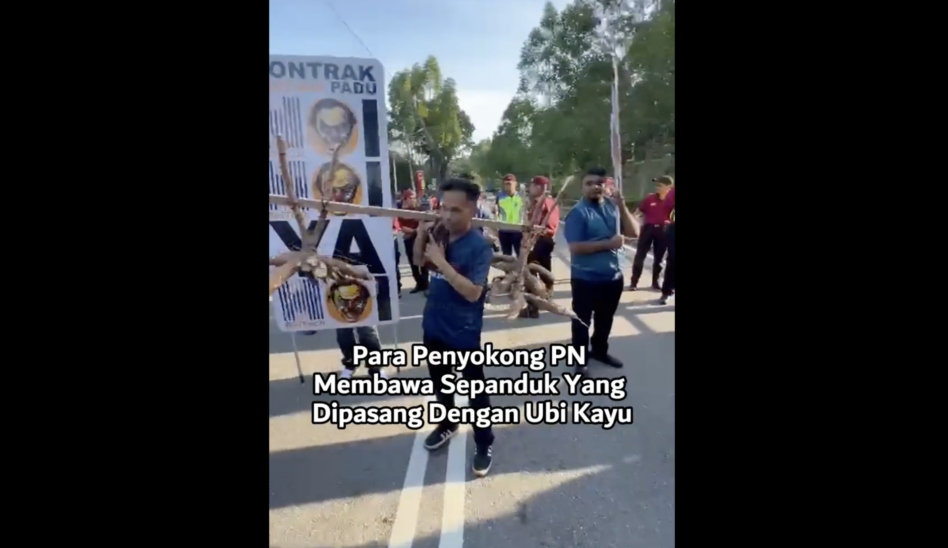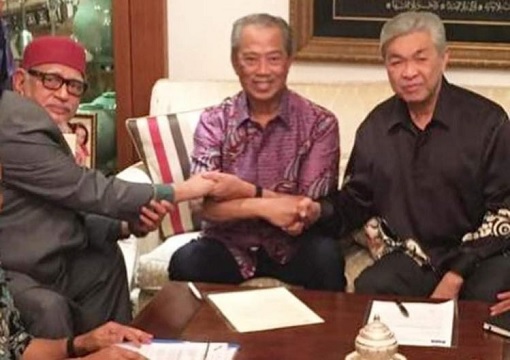THE late trade union icon Dr V David once candidly told me that to sustain the spirit of workers’ struggle burning, the working class must feel hunger in their bellies. In the early 1980s, I thought that his view was diametrically opposed to the philosophy of the workers movement.
Coming from a breed of grassroots leaders and having had the privilege of participating in a six-month lockout brought about in an orchestrated ploy to break the union by a company, I believe that I can now relate to what David said.
During the said lockout we were a group of workers deprived of any source of income. Our bellies felt hunger pangs and the resolve to stand united to fight the injustice heaped upon us grew in strength. The camaraderie, regardless of race, religion and culture were cemented in our quest to combat the injustice that we, collectively, were facing. Sadly, that epoch of undivided solidarity has been conscripted to memory.
Over the decades, I have seen the gradual erosion of the comradeship that so prevailed amongst the workers in the 1970s and 1980s. Unfortunately, the evils of race centric politics seem to have crept into the trade union movements. That, in my view, is the “Achilles’ heel” to us workers!
In the heydays the trade union movement, including the leadership of the Malaysian Trades Union Congress (MTUC), forged a working relationship with civil society organisations like the Consumer Association of Penang (CAP), Friends Of The Earth (SAM), ALIRAN and the Muslim Youth Movement (ABIM). Networking with political parties such as the DAP and Parti Rakyat Malaysia (PSRM) was the norm.
Together we called for the emancipation of the people be it workers’ rights, consumerism, environmentalism or concerns for socio-economic conditions. We had demanded for draconian, obnoxious policies and laws that infringe on fundamental rights be abolished. Clearly, there was a nexus between the trade union movement, civil society organisations (NGO) and political parties for changes.
Holier than thou approach a bane
In general, any attempt to seek a transformation of the working class, the trade union movement cannot isolate itself for the simple reason that transformation of society is a holistic endeavour. The trade union movement cannot do it alone. It has no option but to network with NGOs in order to strive for a transformation of the socio-economic landscape of the working population.
Unfortunately, the trade union leadership in our country seems to have adopted a holier than thou attitude in the matter. That, in itself, is a failure as history will stand testimony to the fact that changes were never achieved without a well thought out coordinated campaign mounted by all strata of civil society movements in the pursuit for changes.
Hence, the trade union fraternity has no option but to make their choice – stay isolated and continue to play an ineffective role or reach out to like-minded civil society organisations and political parties to endeavour collectively to strive for meaningful societal transformation to the predicament of Malaysian workers. – Dec 4, 2021.
(Photo credit: Malaysiakini)
K Veeriah is veteran unionist who now serves as the Penang Malaysia Trades Unions Congress secretary.



